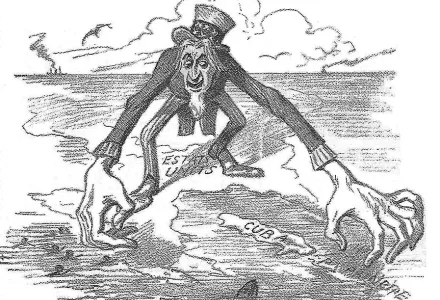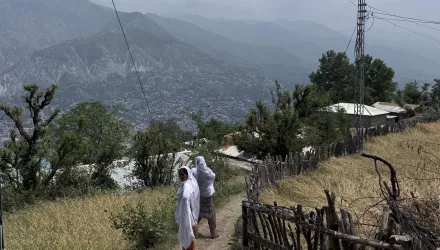1898: "Precautionary War" and the Three Myths of American Empire
Speaker: Aroop Mukharji, Ernest May Fellow in History & Policy, International Security Program
President William McKinley's foreign policy ranks among the most consequential of all U.S. presidents. At the start of his first term, the United States was primarily hemispheric in its foreign policy orientation. By the start of his second term, the United States had brought down a European colonial power, had begun governing seven new overseas territories, and had fought two additional wars in Asia.
This presentation focuses specifically on the Spanish-American War and why McKinley decided to intervene. Three myths about his motivations continue to persist: (1) that the United States waged an economically imperialist war to open up trade opportunities, (2) that the rhetoric of manliness pressured McKinley into taking a more aggressive stance, and (3) that the yellow press whipped up a public frenzy that led to the declaration of war. These influences are greatly overstated. Instead, this presentation will argue that the Spanish-American War was partly a humanitarian war, but also a "precautionary war" (author's term) that was based on a general fear of disorder, uncertainty, and instability and waged to ensure conditions that better facilitated regional stability and peace.
Please join us! Coffee and tea provided. Everyone is welcome, but admittance will be on a first come–first served basis.


